New Details in Bryan Kohberger Case: Knife Sheath DNA and Neighbor's Revelations
Here are the latest developments in the University of Idaho quadruple homicide
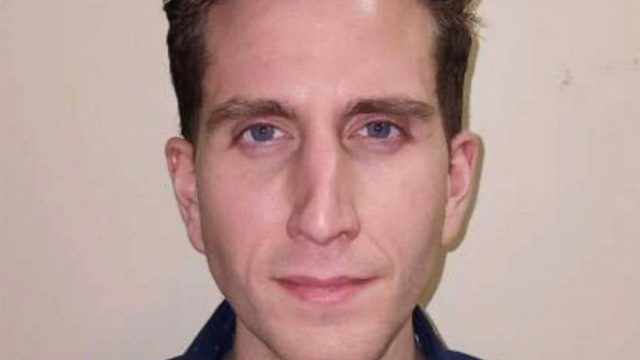
As Bryan Kohberger sits in his Moscow, Idaho, jail cell awaiting his next court date, more information continues to develop in the case against him. Arrested and charged in December 2022 with brutally stabbing four University of Idaho students, Kaylee Goncalves, 21; Madison Mogen, 21; Xana Kernodle, 20; and Ethan Chapin, 20, to death in their off-campus home, the murder case has unquestionably captured the interest of the nation. Here are some of the latest developments in the case, including new reports from the former Ph.D. student's neighbors and an update about a key piece of evidence against him.
The Knife Sheath with Kohberger's DNA Is a Key Piece of Evidence, Report Claims

After Kohberger's arrest in December 2022, investigators revealed that a key piece of evidence against him was a knife sheath found next to the bodies of Goncalves and Mogen. According to the arrest affidavit, Kohberger's DNA was found on it.
Before arresting Kohberger, the Idaho State Lab matched DNA from the sheath to that of Kohberger's father after police confiscated items from the trash of the family home in Pennsylvania.
One Expert Maintains That the DNA Was Sent to Texas for Testing
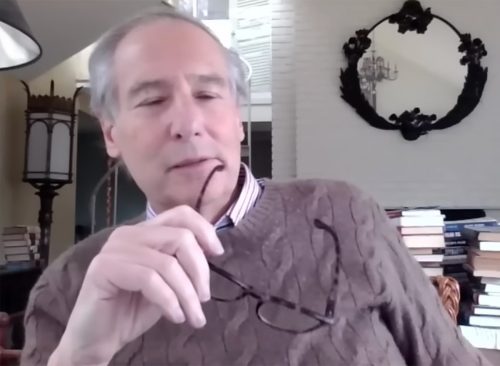
Howard Blum, a journalist and author working on a book about the murders, maintains that the knife sheath was sent out of Idaho to be tested by a startup in Texas. "They sent it first to the lab in Idaho, and the lab in Idaho couldn't find anything. So they thought this might be a dead end," he revealed on The Megyn Kelly Show earlier this month.
On Wednesday, Blum appeared on NewsNation, explaining why the sheath was sent to another state. He claims it is because officials needed to make an arrest as soon as possible. "They wanted desperately to tie the suspect to this knife sheath," he said.
According to Blum, the lab in Texas "specialized in proprietary devices that made what is called kinship DNA. You could figure out a relative of the DNA that you already had, and this lab was set up to investigate unsolved murders." He says that before the active murder case, the lab had only been used for cold cases.
There Are Reports That the First Lab Didn't Match DNA to Kohberger
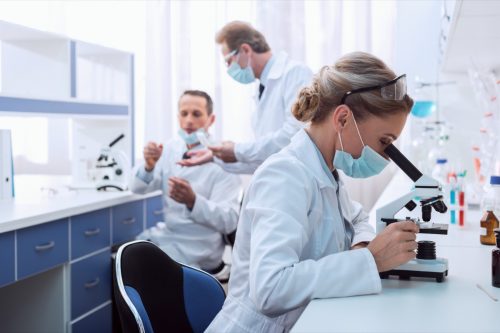
"It's a problem for the prosecution if the reports are accurate and the first lab did not match the DNA to Kohberger," added Neama Rahmani, an attorney and former federal prosecutor to Newsweek."Even though familial DNA matches are new, the state is going to have to explain why the first lab drew a different conclusion."
"It's uncommon for such a bloody crime scene to have only a single source of DNA connected to a defendant. The defense will argue that it was transferred or planted. There may also be a lot of other peoples' DNA at the scene because it was a 'party house.' The defense will argue that law enforcement didn't rule them out as suspects," Rahmani continued.
A Lawyer Says Kohberger's Defense Is "Sure to Contest" DNA Evidence
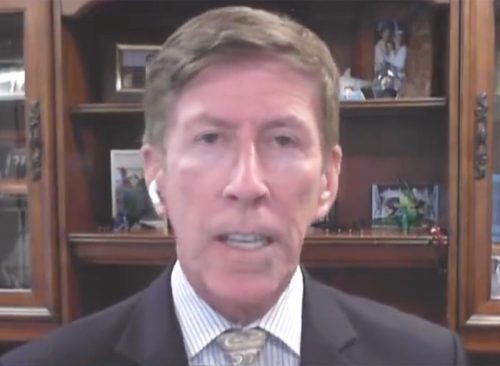
Mark O'Mara, a criminal defense and civil rights attorney, agrees that Kohberger's defense team will contest the DNA evidence. "Defense attorneys look wherever they can find to find a potential of reasonable doubt," he told NewsNation's Ashleigh Banfield. "And when there is a test either that they have to do unique, they have to go out of state, they have to do a second or third time or it's inconclusive, those are little items, little catchphrases that defense attorneys use to see if there's reasonable doubt there."
"Now, again, it's got to be taken in comparison to all the other evidence, but certainly a defense team has to be pretty happy that that test did not come back positive to Kohberger's DNA on it, for example, so yes, it's something they're gonna look at," O'Mara continued.
Experts Continue to Weight in on Internal Affairs Case
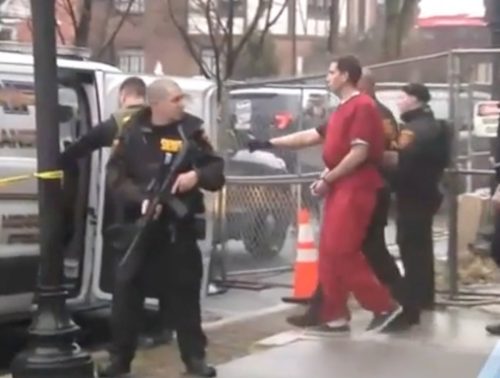
One of the newest developments in the case "potential Brady/Giglio material" related to an officer involved in the Kohberger investigation. According to Michael McAuliffe, a former federal prosecutor and elected state attorney, the disclosure was "an unnecessary and unforced error by the government … but it won't result in a dismissal," he told Newsweek.
McAuliffe explains that the protected order granted by Latah County Magistrate Judge Megan Marshall keeps the material from being publicly disclosed. "The prosecutors in the Kohberger case have an affirmative obligation to turn over any exculpatory information to the defense," says McAuliffe.
What needs to be turned over "includes potential impeachment material of any investigator who worked on the case," McAuliffe continued said. "An active internal affairs investigation of one of the officers or detectives would fall under that duty to disclose."
It "Won't Result in Dismissal," Expert Claims
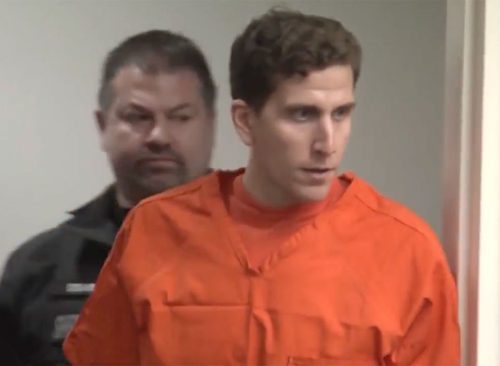
Prosecutors sometimes fail to turn over materials because they are not aware of it, according to McAuliffe. "Of course, it's also possible the prosecutors simply didn't do their jobs. It's impossible to know at this point." Because the case is only in pre-trail, "any potential violation of the government's Brady/Giglio obligations likely can be cured by belatedly turning the information over to the defense."
"The episode is an unnecessary and unforced error by the government in an important case, but it won't result in a dismissal. Whether the new information about an officer results in any significant change in the course of the case depends on the specific information now being disclosed," McAuliffe continued. "It might be gross misconduct of a primary detective or it might be a minor transgression of a marginal investigator."
"Though it's possible there is evidence of Kohberger's innocence, the court order is really referring to documents in the investigating officers' personnel files that may impeach them if they take the stand," Neama Rahmani, an attorney and former federal prosecutor, told Newsweek. "This could be evidence or illegal or unethical conduct, or even the officers lying. This usually relates to other cases that have nothing to do with Kohberger. The judge will review the files in camera or in chambers and decide what evidence of officer misconduct, if any, to produce to the defense."
A Former Neighbor Says Kohberger Was a Night Owl
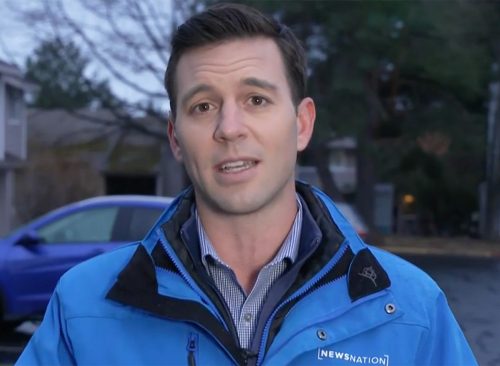
A father of two young children who lived in the apartment below Kohberger paints a new picture of the murder suspect. He told NewsNation he never saw Kohberger with friends and that the only news he ever heard was at night and involved Kohberger walking around well past midnight and "washing things."
He says it was a problem for his family because it was disruptive. He also said that his wife was upset because the kids were trying to sleep, and he would wake them up.
The neighbor added that his family was shocked when Kohberger was arrested and charged with the murders. "Especially my wife. At that time, she was not very … she could not sleep very well," he said.
According to a student at the University of Idaho, things are starting to return to a new normal. "It makes the students a lot more at ease," Skyiah Duff said. "We have a lot of party houses down the street and I hear them partying every weekend, so it makes me feel better knowing that students have relaxed, for sure."














